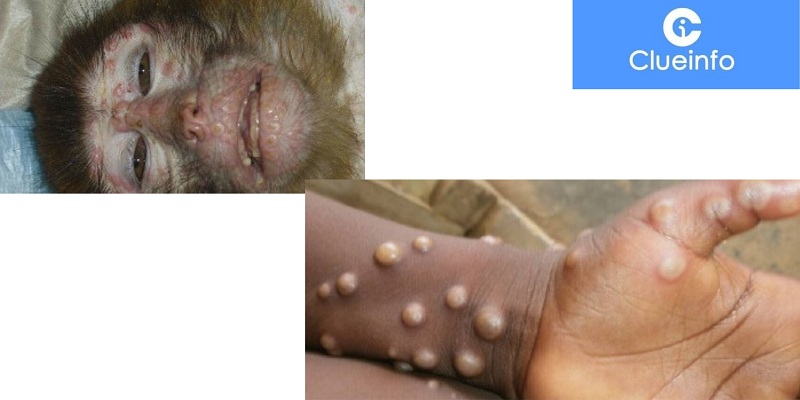Monkeypox is a viral disease similar to smallpox. The disease is a rare, but dangerous viral disease found mostly in areas of Africa. According to the WHO, anyone infected with this virus can suffer from rashes and flu-like symptoms, such as chills and fever. The virtual disease is also classified as an orthopoxvirus (a genus of the virus responsible for causing smallpox). While outbreaks are common in Africa, the WHO has now declared the disease a global health emergency.
Monkeypox Causes
According to WHO, the monkeypox virus is caused by contact with an infected animal. In addition, there is also skin-to-skin contact with an infected person, and a double-stranded envelope virus of the orthopoxvirus genus is also the cause of the disease.
And note that animal-to-person transmission occurs through contact with blood from broken skin (scratches, bites), or smallpox sores (sores) or any infected bodily fluids.
Monkeypox Symptoms
The initial symptoms of monkeypox (0-7 days) are fever, headache, tiredness, chills, sweating, back pain, sore throat and cough. Lymphadenopathy, which is a swollen and painful lump in front of the ears, neck, head, groin or lower limb areas, is also a symptom. It can be on one side or both sides of your body.
Treatment and Prevention
Till now there is no treatment available for monkeypox in medical science. However, according to medical science, the smallpox vaccine reduces the risk. And the spread of the disease can be stopped if the following preventive measures are followed:
- Washing hands with soap and water frequently
- Eating well-cooked mutton or chicken or other food that includes animals
- Avoiding contact with infected animals
- Keeping distance from contaminated bedding and other materials
- Staying away from individuals who are infected with the virus.
- Wearing a mask to completely cover your nose and mouth
- Using personal protective equipment (PPE) when caring for the infected people


